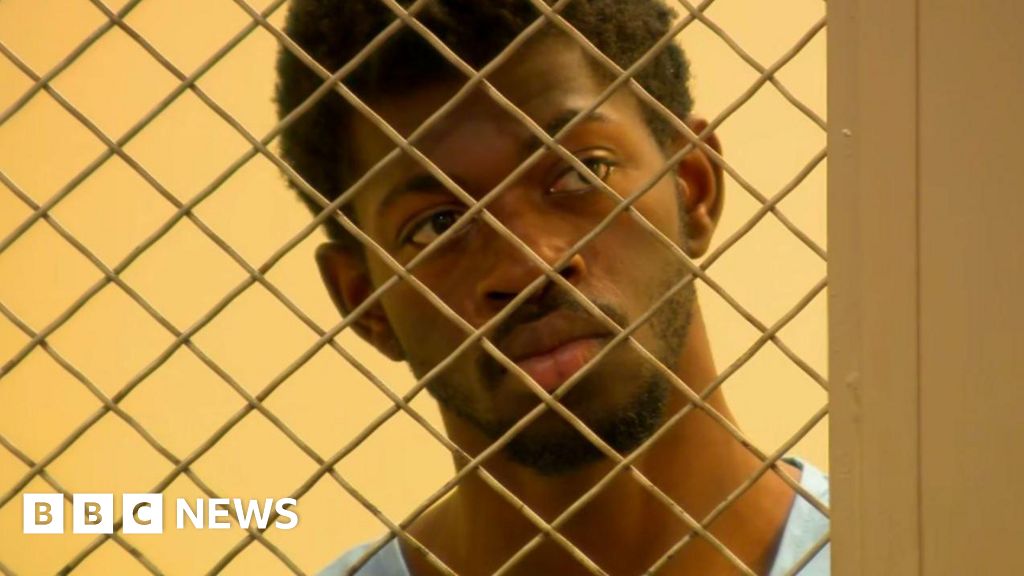After an extensive eight-week trial filled with conflicting testimonies and evidence, Justice Carroccia stated that she found EM's credibility lacking, asserting that the Crown could not substantiate the allegations against the players. "The Crown cannot meet its onus on any of the counts," she declared, pointing out significant irregularities and inconsistencies in EM's accounts throughout the proceedings.
The incident took place in London, Ontario, where EM testified that she initially consented to sexual relations with Mr. McLeod. However, as more players entered the hotel room, she asserted that subsequent acts occurred without her consent. The players maintained that EM had asked them to join and believed they had consent throughout the encounters. Notably, only Mr. Hart chose to testify in his defense.
Following the ruling, the National Hockey League (NHL) indicated that the players remain "ineligible" to participate in games pending an internal review. EM's representation expressed disappointment at the ruling, emphasizing concerns regarding the weight of one's testimony when disclosing sexual assault experiences. Lawyer Karen Bellehumeur noted the emotional toll on EM, stressing that the outcome leaves a significant impact on how sexual assault cases may be treated in the future.
The trial drew significant public attention, evidenced by overflow crowds in court on the verdict day. Amidst the scrutiny, Justice Carroccia highlighted inconsistencies in EM's recollection, including contradictory statements made to investigators. The defense successfully argued against the credibility of her testimony by referencing eyewitness accounts from two individuals present during the incident, who claimed EM appeared to be an active participant.
Protestors supporting EM expressed their heartbreak and concern over the implications of the verdict, with some speculating it may set precedents for future sexual assault cases in Canada. Throughout the process, the Crown's representation noted the challenges surrounding the complexities of consent in such sensitive cases, stating their commitment to a balanced judicial process.
The ruling and the discussions surrounding it raise important questions about societal perceptions of consent, sexual violence, and the ongoing quest for justice in sexual assault cases across Canada.
The incident took place in London, Ontario, where EM testified that she initially consented to sexual relations with Mr. McLeod. However, as more players entered the hotel room, she asserted that subsequent acts occurred without her consent. The players maintained that EM had asked them to join and believed they had consent throughout the encounters. Notably, only Mr. Hart chose to testify in his defense.
Following the ruling, the National Hockey League (NHL) indicated that the players remain "ineligible" to participate in games pending an internal review. EM's representation expressed disappointment at the ruling, emphasizing concerns regarding the weight of one's testimony when disclosing sexual assault experiences. Lawyer Karen Bellehumeur noted the emotional toll on EM, stressing that the outcome leaves a significant impact on how sexual assault cases may be treated in the future.
The trial drew significant public attention, evidenced by overflow crowds in court on the verdict day. Amidst the scrutiny, Justice Carroccia highlighted inconsistencies in EM's recollection, including contradictory statements made to investigators. The defense successfully argued against the credibility of her testimony by referencing eyewitness accounts from two individuals present during the incident, who claimed EM appeared to be an active participant.
Protestors supporting EM expressed their heartbreak and concern over the implications of the verdict, with some speculating it may set precedents for future sexual assault cases in Canada. Throughout the process, the Crown's representation noted the challenges surrounding the complexities of consent in such sensitive cases, stating their commitment to a balanced judicial process.
The ruling and the discussions surrounding it raise important questions about societal perceptions of consent, sexual violence, and the ongoing quest for justice in sexual assault cases across Canada.



















